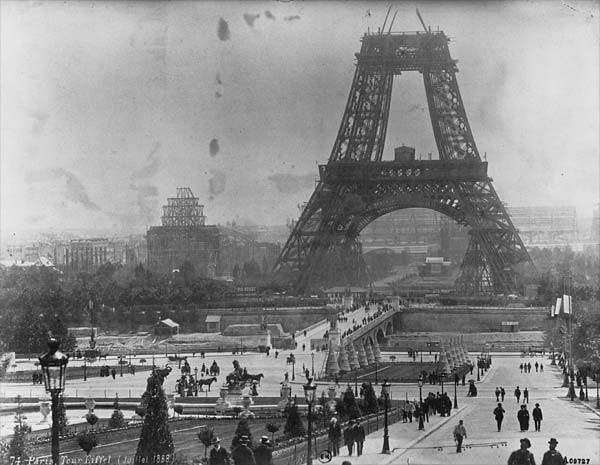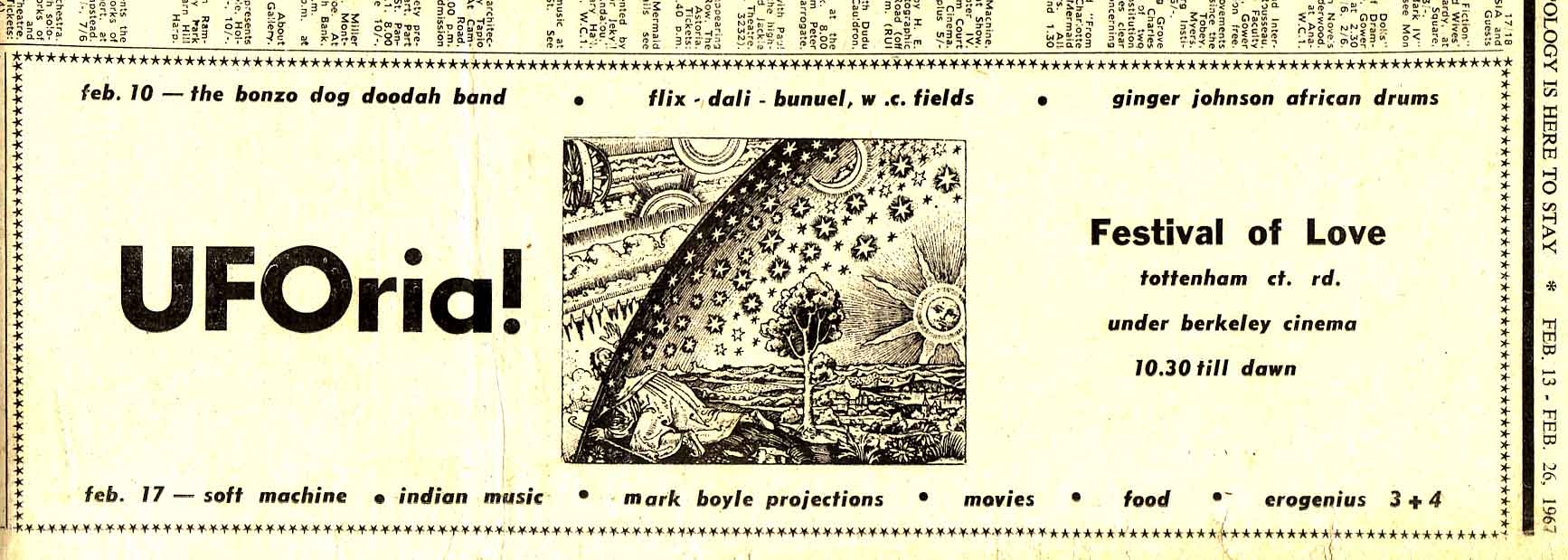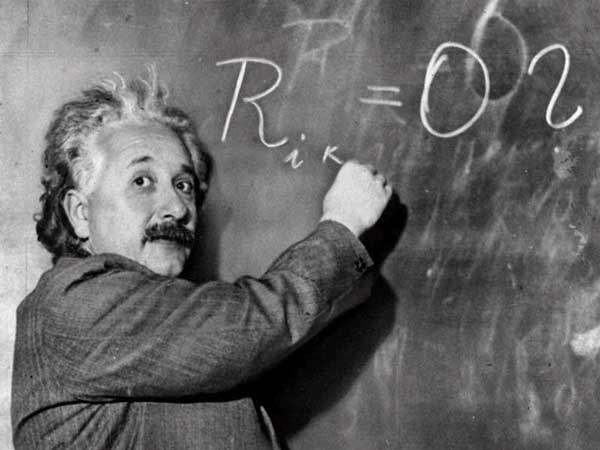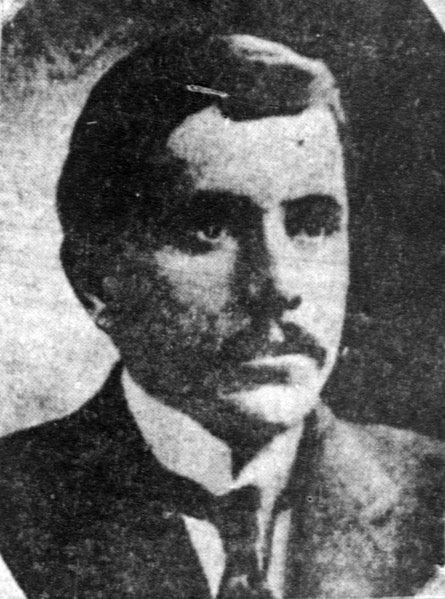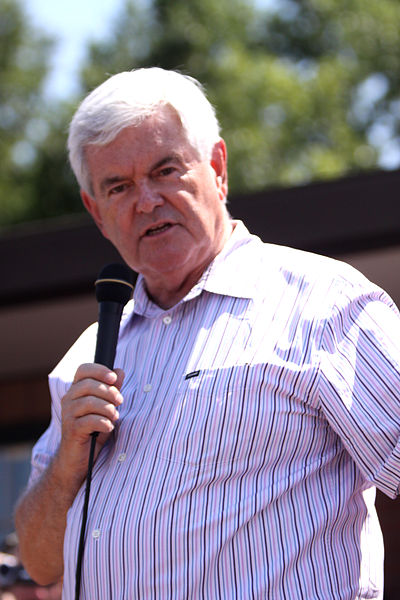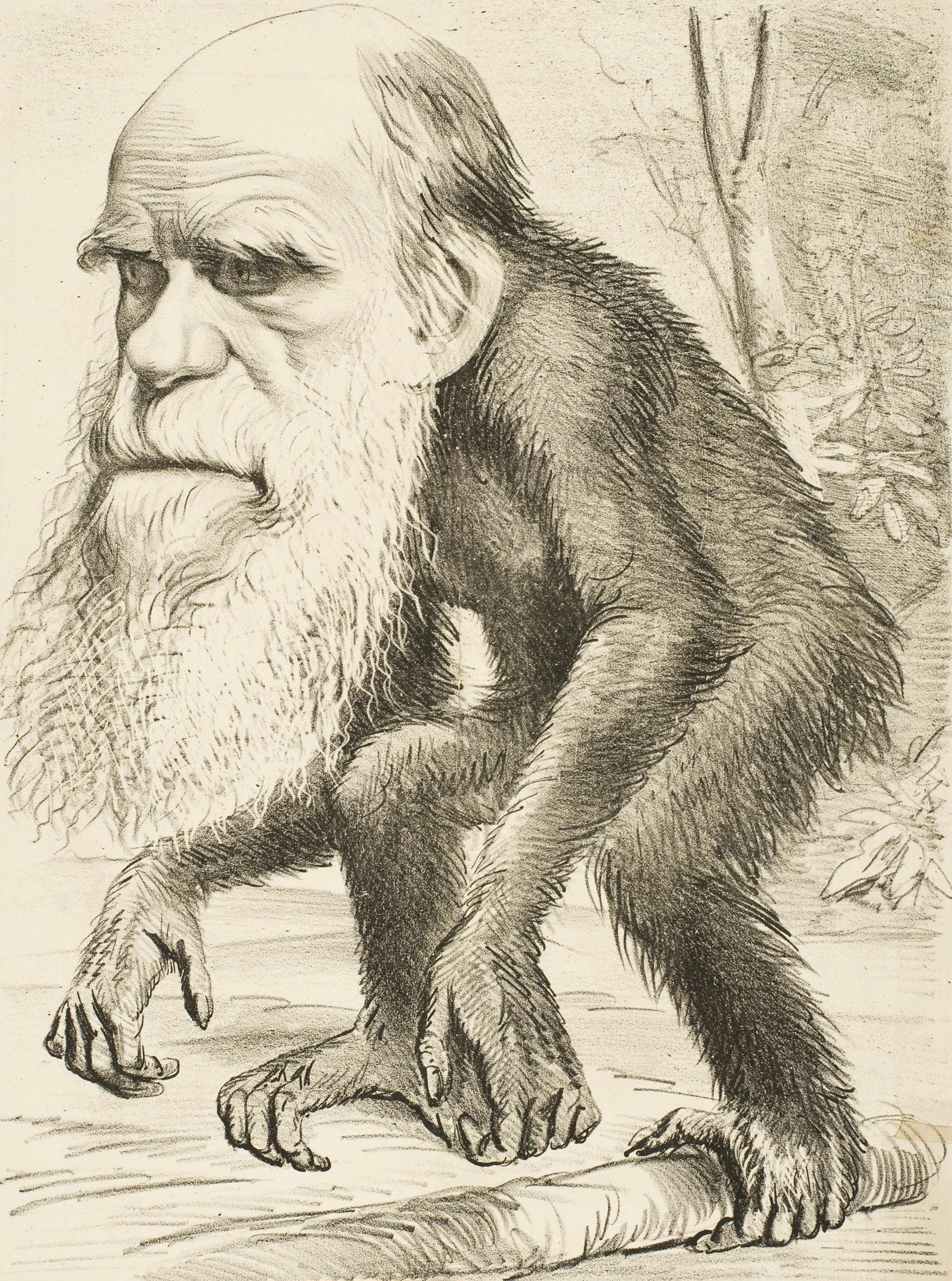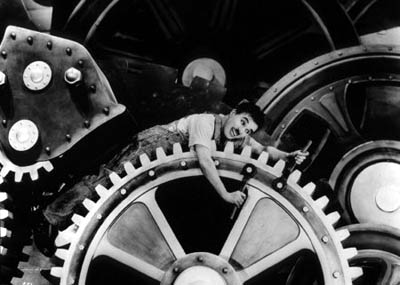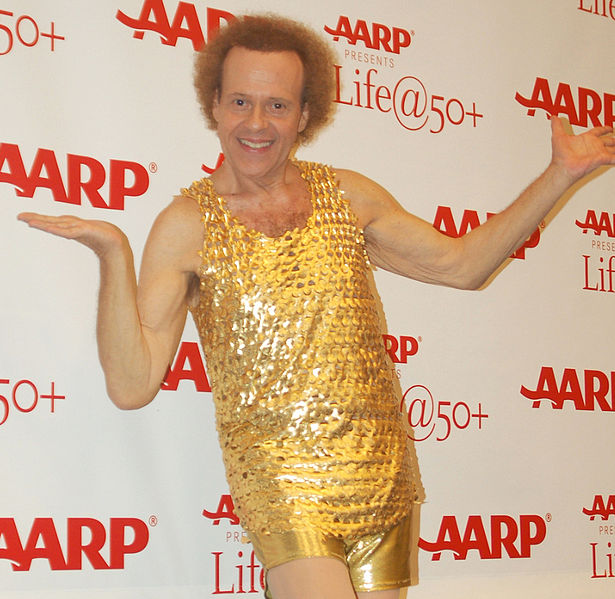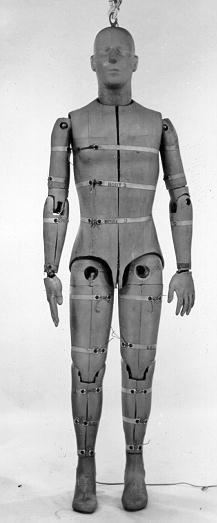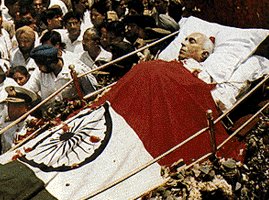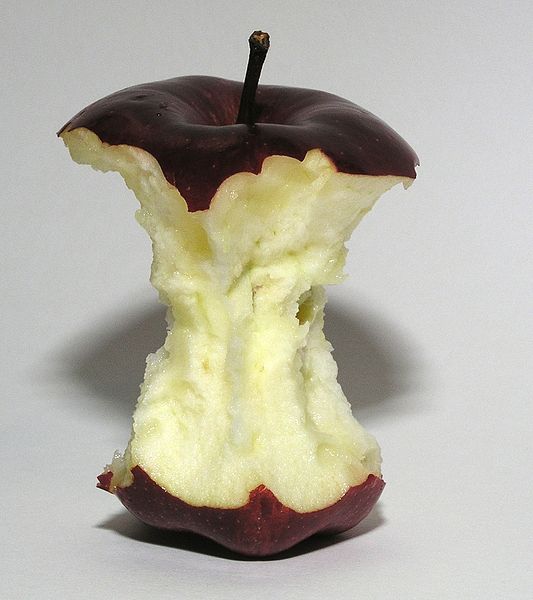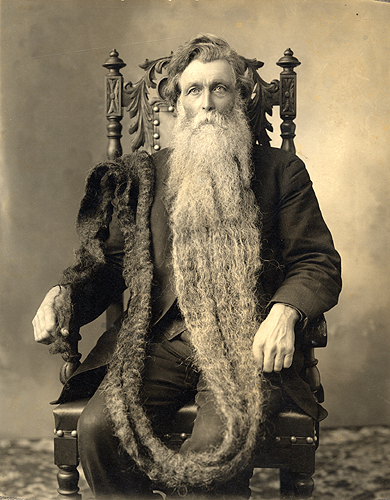
"Very soon I began seeing her byline in the rock papers, the major intellectual conduits of youth at that time." (Image by Klaus Hiltscher.)
The opening of “The Mother Courage of Rock,” Luc Sante’s appraisal of Patti Smith in the New York Review of Books:
“I first heard of Patti Smith in 1971, when I was seventeen. The occasion was an unsigned half-column item in the New York Flyer, a short-lived local supplement toRolling Stone, marking the single performance of Cowboy Mouth, a play she cowrote and costarred in with Sam Shepard, and it was possibly her first appearance in the press. What caught my eye and made me save the clipping—besides the accompanying photo of her in a striped jersey, looking vulnerable—was her boast, ‘I’m one of the best poets in rock and roll.’ At the time, I didn’t just think I was the best poet in rock and roll; I thought I was the only one, for all that my practice consisted solely of playing ‘Sister Ray’ by the Velvet Underground very loud on the stereo and filling notebook pages with drivel that naturally fell into the song’s meter. (I later discovered that I was just one of hundreds, maybe thousands, of teenagers around the world doing essentially the same thing.)
Very soon I began seeing her byline in the rock papers, the major intellectual conduits of youth at that time. Her contributions were not ordinary. She reviewed a Lotte Lenya anthology for Rolling Stone (‘[She] lays the queen’s cards on the table and plays them with kisses and spit and a ribbon round her throat’). She wrote a half-page letter to the editors of Crawdaddy contrasting that magazine’s praise for assorted mediocrities with the true neglected stars out in the world:
Best of everything there was
and everything there is to come
is often undocumented.
Lost in the cosmos of time.
On the subway I saw the most beautiful girl.
In an unknown pool hall I saw the greatest shot in history.
A nameless blonde boy in a mohair sweater.
A drawing in a Paris alleyway. Second only to Dubuffet.
Creem devoted four pages to a portfolio of her poems (‘Christ died for somebodies sins/but not mine/melting in a pot of thieves/wild card up the sleeve/thick heart of stone/my sins my own…’—if this sounds familiar, you expect the next line to be ‘they belong to me,’ but it’s not there yet).”
•••••••••
Patti Smith singing “You Light Up My Life” on Kids Are People Too, 1980s:
Lotte Lenye, “Mack the Knife,” 1962:

